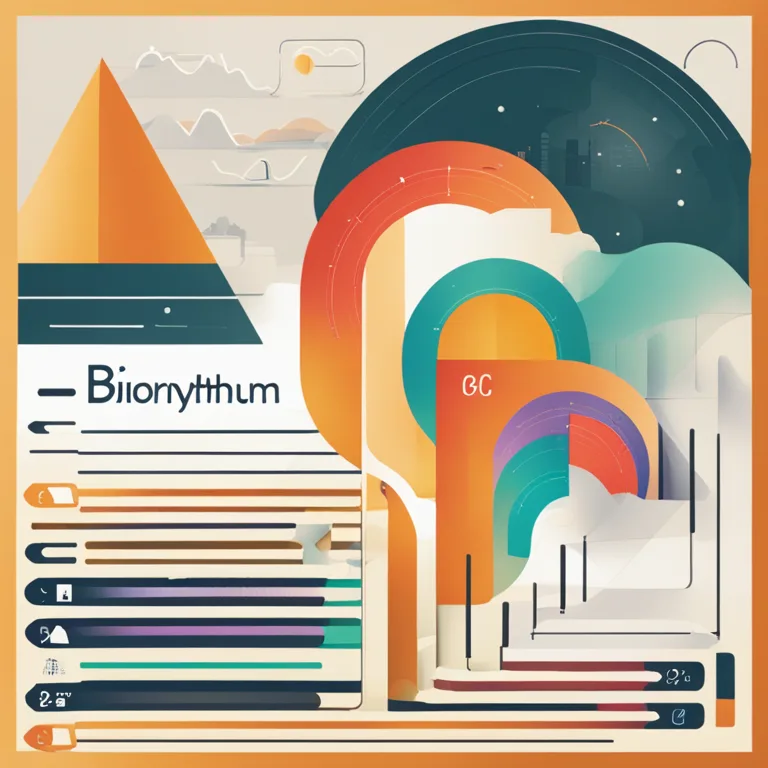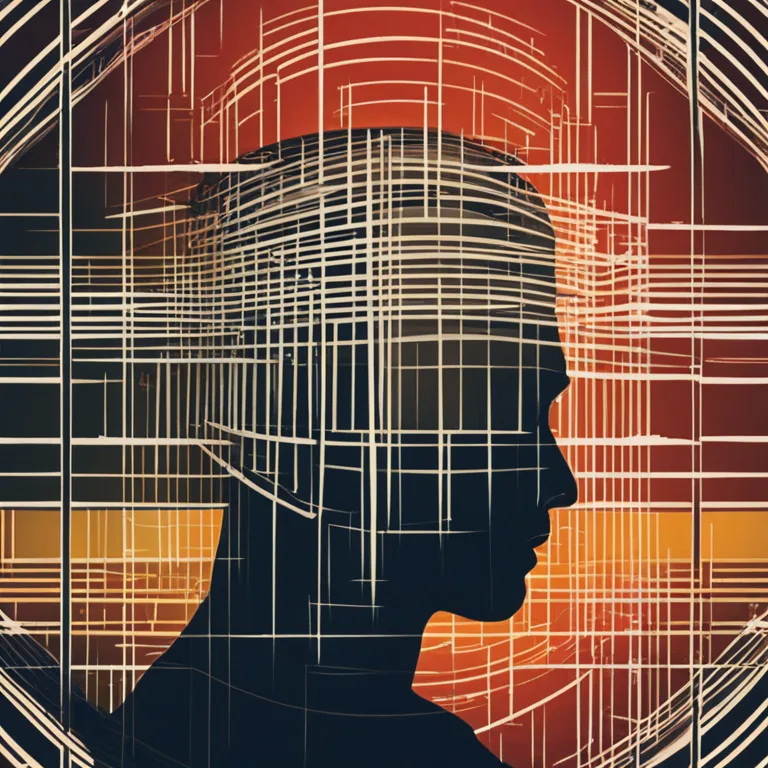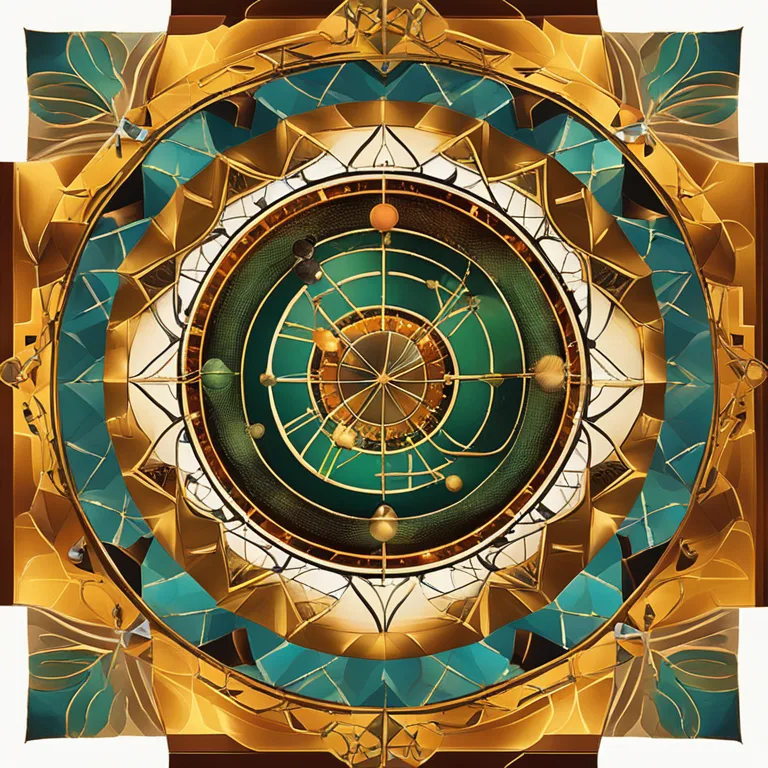
The Accuracy of Biorhythms: A Myth or Science?
Delve into the debate on the accuracy of biorhythms and discover whether they hold any scientific validity.
article by Adrian Wallace
The Origin of Biorhythms
Biorhythms stem from a hypothesis that suggests our daily lives are significantly influenced by rhythmic cycles. Historically, they were first proposed in the late 19th century by Dr. Wilhelm Fliess, a colleague of Sigmund Freud. The theory posits that three primary cycles—physical, emotional, and intellectual—affect our well-being. Despite its early inception, the question of their accuracy remains a topic of contention amidst today's fusion of ancient knowledge and modern technology.

Modern Research and Skepticism
While biorhythms continue to intrigue, scientific scrutiny has been less than favorable. Studies from the last few decades have generally found minimal evidence to support the notion that these cycles accurately predict any aspect of human behavior or physical state. Critics of biorhythms argue that the theory lacks empirical support and that any correlations with life events are coincidental or attributed to the placebo effect.

User Experiences and Anecdotal Evidence
Despite the skepticism from the scientific community, anecdotal evidence from individuals who follow biorhythms suggests a perceived impact on their lifestyle choices and decision-making. Users of biorhythm calculators, which have become increasingly sophisticated with the rise of digital technology, often tout improvements in their personal and professional lives, although such claims are subjective and not scientifically substantiated.

Applications in Holistic Practices
While the scientific community remains dubious, various holistic practitioners integrate biorhythms into their services, coupling them with astrology and numerology. The resurgence of interest in these areas, fueled by a growing appetite for alternative wellness practices, suggests a persistence of biorhythmic methodologies within certain circles, regardless of their scientific standing.

The Challenge of Measurability
A primary obstacle in biorhythmic validation is the challenge of measuring their effects. The subjective nature of personal experience and the vast variability in human behavior complicate the construction of a rigorous scientific investigation. As of 2024, there remains no universally accepted measure that can conclusively validate or invalidate the precise effects that biorhythms are purported to have.
Considering the Placebo Effect
One cannot discuss biorhythms without considering the placebo effect, which can cause individuals to experience genuine changes simply because they believe in the efficacy of what they are practicing. This psychological phenomenon could explain the positive reports from those who track and align activities with their biorhythms, even in the absence of scientific validation.
Conclusion: Personal Belief vs. Scientific Analysis
The accuracy of biorhythms, as of 2024, remains a contested topic. Although they lack strong scientific backing, personal beliefs and the subjective nature of individual experiences keep the biorhythms concept alive. For those seeking life guidance through such methods, perhaps the value lies not in empirical accuracy, but in the personal insights and routines that provide structure and a sense of control in life's complexities.
Published: 12/28/2023
Modified: 12/28/2023
More predictions
Come back here soon to learn more about yourself and your future


Biorhythm Compatibility & Birthdays
Discover the intriguing connection between your birthday biorhythms and relationship harmony in our insightful article.


Navigating Biorhythm Cycles
Explore the concept of biorhythms, their cycles, and examples of how they influence our daily lives.


Exploring Human Biorhythmic Cycles
Explore the fascinating concept of biorhythms and their influence on physical, emotional, and intellectual faculties in humans.